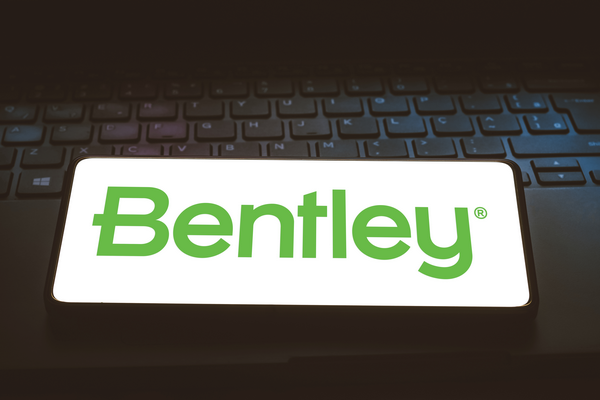TRANSCRIPT
Christopher Franz: Hi, I'm Chris Franz with Morningstar. I'm here with John Rogers, chairman, CEO, and CIO at Ariel Investments.
John, thanks for joining me.
John Rogers: Great to be here.
Franz: So, John, you've had a really storied career as an investor, founding your firm in 1983. Maybe just talk about how value investing has changed over that time period.
Rogers: Well, a couple of things have changed that I think are pretty significant. One of the inspirations for me starting the firm was David Dreman, who wrote the Contrarian Investment Strategy and laid out a case of low P/E stocks typically outperformed for value investors. And that low P/E stocks had low expectations built into their price. And so, if there's an earnings disappointment, the stocks didn't decline too much. And that the growth stocks had too much expectation built into their price and when they disappointed, they got crushed.
As the years have gone on, I think, as value investors, P/E multiples have become less and less important. And even you can have low P/E stocks that will decline substantially on bad news, short-term earnings disappointments that will really crush a low P/E multiple stock. Maybe it's because it's in the wrong sector, maybe it's in the wrong index, maybe just the earnings announcements are so dramatic that the stock deserves to decline a lot.
One of the things that I think had enhanced that over the years is Reg FD has become so important. So, as you know, management teams now will not talk with analysts along the way and everyone has to wait for those quarterly results and those quarterly results could be purely bombshells. And so, I think that's been the major difference that buying a low P/E stock doesn't protect you the way it used to.
Franz: You know, it's been 10 years since the bottom of the financial crisis in March '09. Certainly, we've come a long way. But I'd be interested in your take on markets today.
Rogers: Well, we are still very, very enthusiastic. We think P/E multiples are modest for American companies and the small and midsize companies that I focus my career around. As we know, interest rates are still close to historic lows. And Warren Buffett always reminds us how important interest rates are to how you value companies. And as long as rates stay within this range, valuations are quite modest. And at the same time, there's still a lot of pessimism out in the marketplace. So many investment communities and investment professionals and individuals are still remembering the financial crisis and the Internet bubble bursting and have become so cautious and so risk-averse. And I think that often creates opportunity. So, being contrarians with the markets reasonably cheap with expectations so low and so much risk out there, fear of risk out in the marketplace, we think it's a great time to buy. There's a lot of cash and private equity also out there which we think is sort of a nice anchor. In case, companies disappoint, and they get cheap, private equity is there to step in and buy. So, we are in there buying today, feeling there's a lot of bargains and a lot of opportunities to really take advantage of the kind of market climate that we are into today.
Franz: Sure. Great. John, thank for your insight.
Rogers: You're welcome.
Franz: For Morningstar, I'm Chris Franz. Thanks for watching.

















